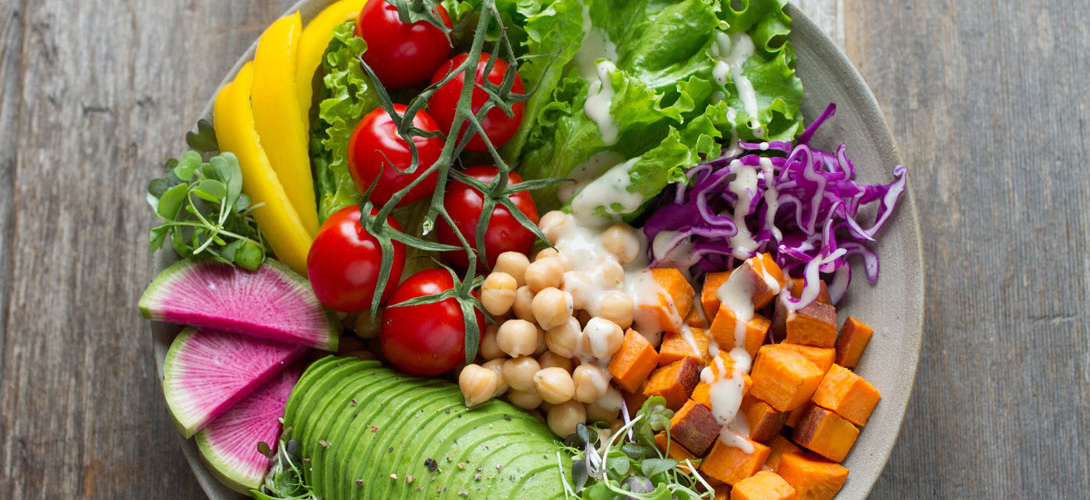
It is understandable to feel overwhelmed at the climate emergency the world finds itself in right now.
Eco-anxiety is real and if you are experiencing it, it’s important to realise that you are certainly not alone. You may think, ‘why should I bother recycling, using less plastic or creating a compost pile when there are huge planes and ships and natural disasters causing untold damage to the environment?’
The point is because you can make a difference. A small one, perhaps, to start. But if every person who was concerned about climate change made that same change to their lifestyle, it would add up very quickly.
One simple way you can encourage people to be more eco-friendly is by eating a more plant-based diet. It turns out that animal foods demand a greater input of resources like water, fuel and land than plant-based foods. As well as that, they also contribute to deforestation and biodiversity loss.
Studies have also shown that those who eat a plant-rich or vegan diet tend to report less negative feelings than those who consume meat products.
With that in mind, here are 5 foods that will help reduce stress AND help tackle climate change:
Beans
Beans, also known as legumes, are a fantastic source of protein and antioxidants. They are also lower in calories and saturated fat than other sources of protein making them the perfect addition to any meal – or you could eat them as a snack!
Vegetables
We all know that vegetables are good for us but it’s vital to eat a variety of them in your diet. Don’t just stick to potatoes and carrots – try broccoli, spinach, peppers, peas, eggplant, sweet potatoes, tomatoes and anything else that catches your eye! If you find it hard to eat them, look up some fun recipes. Trust us, when you get the right spices, herbs and sauces involved – you’ll wish you had started ages ago!
Whole grains
There are a lot of products on the market claiming to contain grains but unless the packaging says ‘wholegrain’ on the front, it’s not providing you with the nutritional value you need. Whole grains are packed with nutrients including protein, fiber, B vitamins and lots more. A diet rich in whole grains has been shown to reduce the risk of heart disease, type 2 diabetes, obesity, and some forms of cancer.
Fruit
Like vegetables, we’ve always known that fruit was an important part of our diet. Fruit contains potassium, fibre, calcium, magnesium and lots of other healthy vitamins and minerals. However, unlike vegetables, fruit can contain a lot of natural sugar which is why it’s important to know which ones have the most nutritional value. Try watermelons, oranges, kiwis, apples, blueberries and avocados – yes, they’re a fruit!
Nuts
They may be high in calories but nuts are a wonderful snack when eaten in moderation because they are a great source of nutrients and antioxidants. Despite their high fat content, they also aid in weightloss, reduce inflammation and are beneficial to those with Type 2 diabetes. Brazil nuts, almonds, walnuts and hazelnuts are a good place to start!



